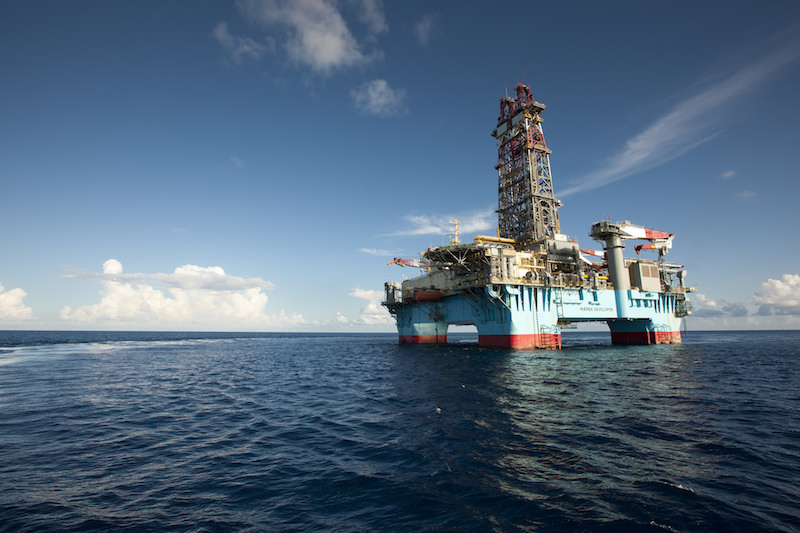Our annual Yearbook report on the industry that we publish in WorkBoat each June usually contains positives and negatives. Though some (especially those still waiting for the offshore sector to crank it up again) may disagree, I see only positive signs this year.
Let’s start with the elephant in the room — the offshore market. Many in the oil and gas sector say that not much has changed in the five years since the downturn began. While that may be true when looking strictly at the bottom line, several industry chiefs say the outlook, even in the short term, looks bright.
In his May earnings call with analysts, Todd Hornbeck of Hornbeck Offshore Services said that “a recovery should begin to take shape” by midyear. Hornbeck sees several positive signs, such as rigs being mobilized and working across the Gulf of Mexico, the number of final investment decisions (FIDs) projected to be at its highest levels since 2013, and a growing backlog of rig contracts, some extending into 2020.
The other main industry sectors that we cover, now that inland operators are in a better position, all appear to be on firm ground.
Shipyards outside the Gulf are busy, and even in that region, business has improved. Gulf yards are no longer waiting for that next big offshore service vessel contract. Instead, they continue to diversify, which is key to their survival.
“Bidding has been robust,” Chris Vaccari of Gulf Island Shipyards, Houma, La., said late last year, “and none of it oil and gas.”
The tug sector remains active, upgrading the fleet in response to new demands in the market. The need for more bollard pull and lower emissions is fueling a trend in the tug market toward hybrid power.
On the inland waterways, tank barge operators enjoyed strong demand to move several commodities such as crude oil, refined petroleum products and biofuels.
And the ferry sector is an especially strong part of a booming passenger vessel market that’s building, refurbishing and expanding on inland and coastal waters.
We continue to see positive signs everywhere.




